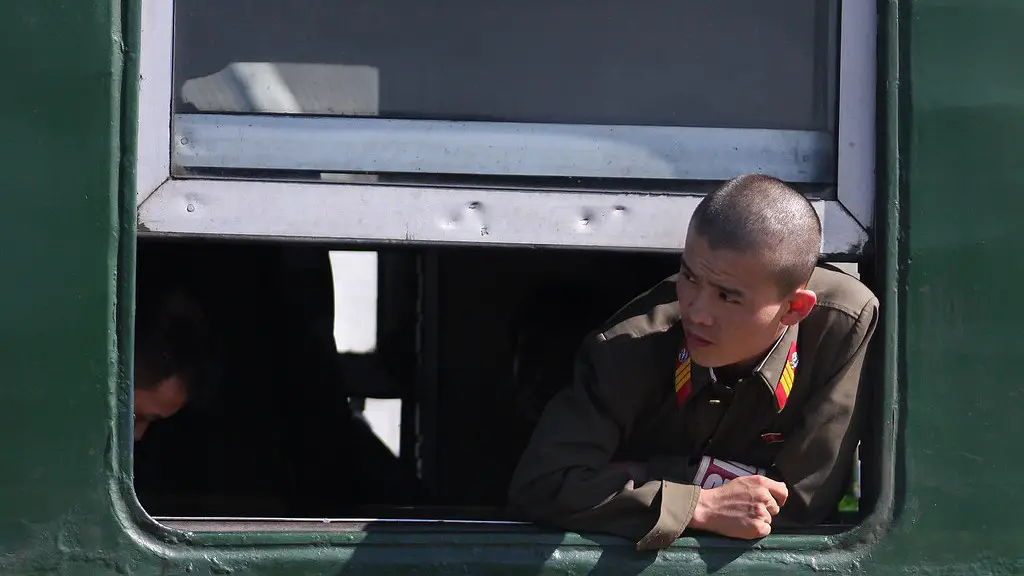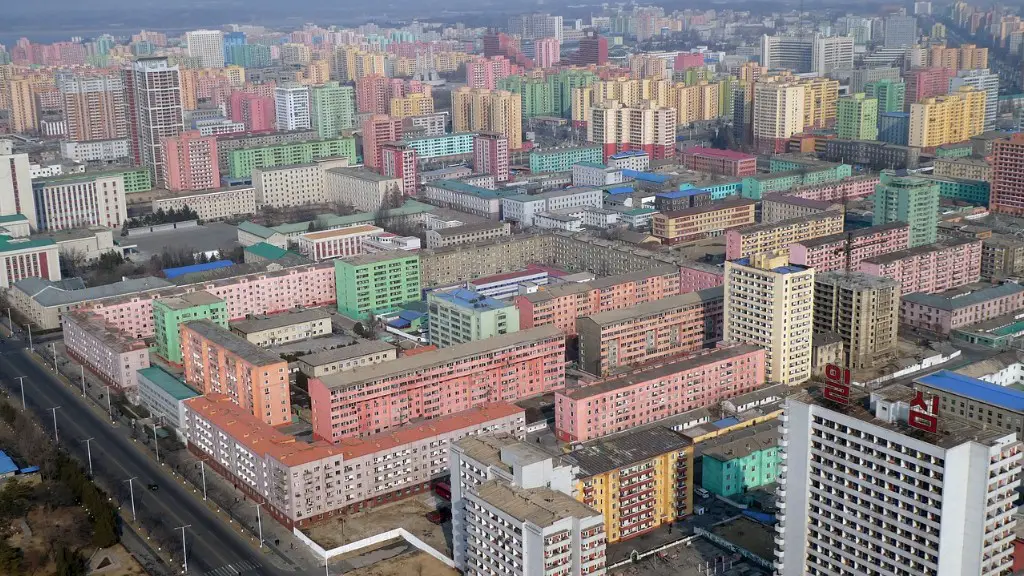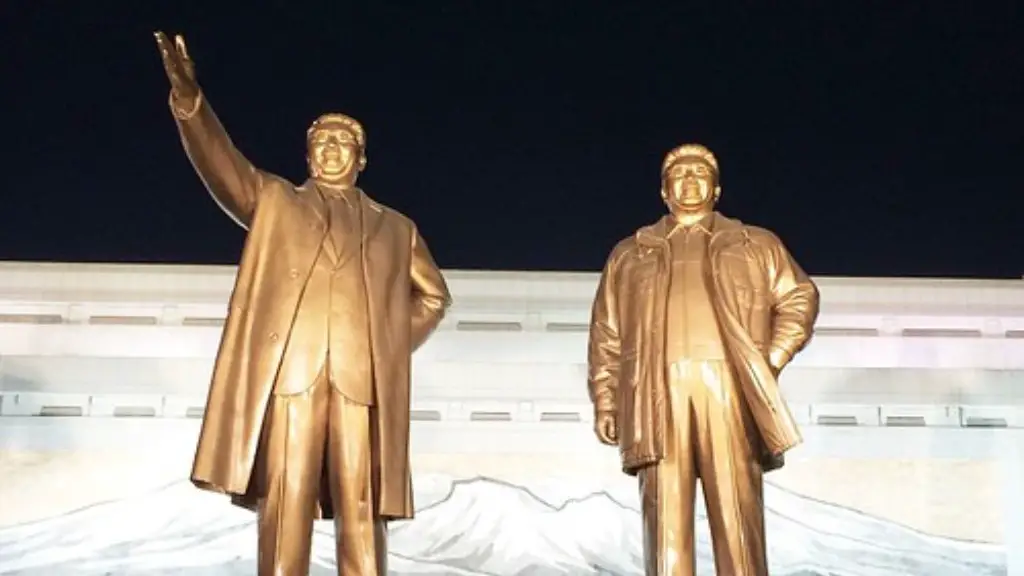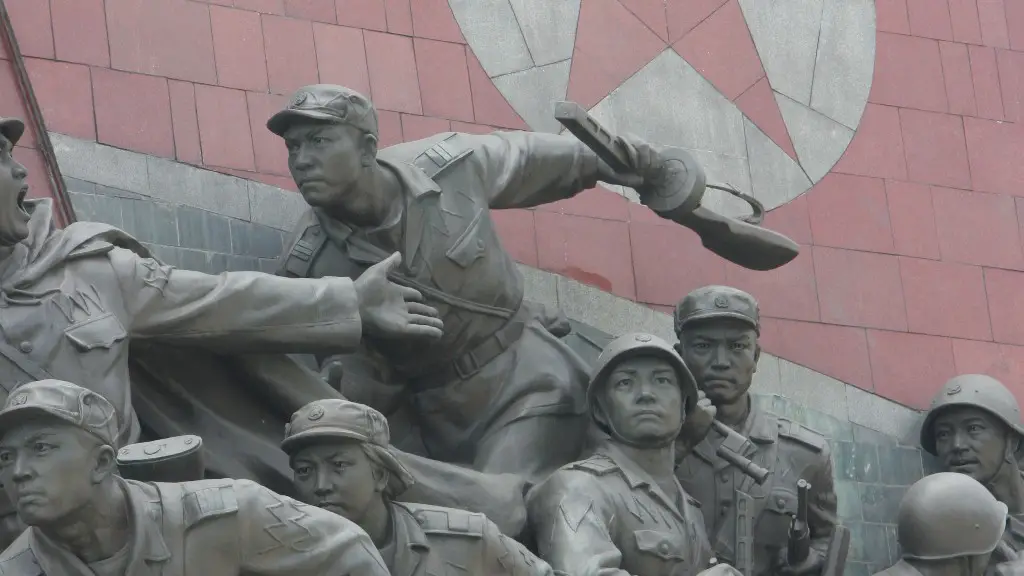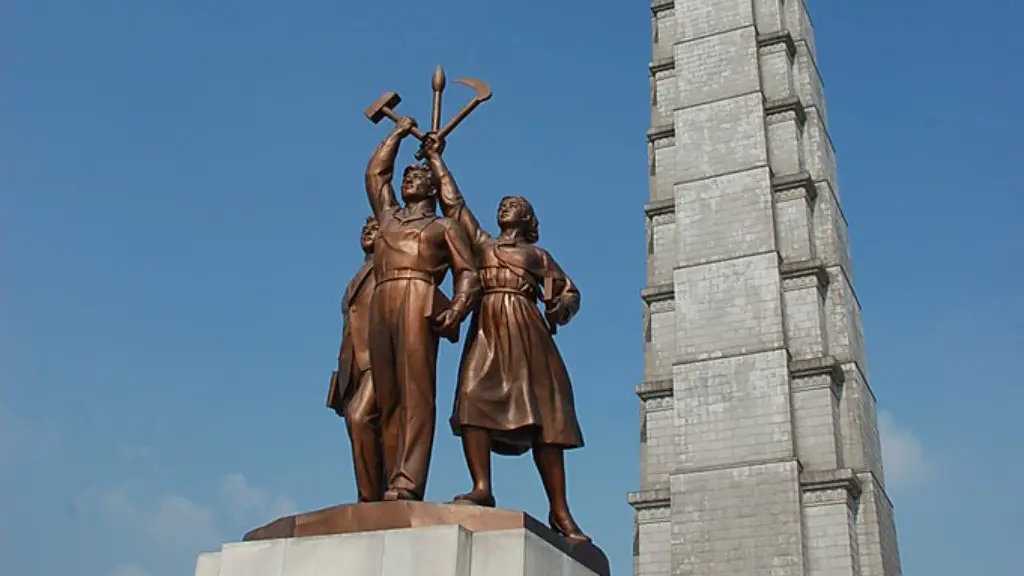The novel coronavirus has had a devastating impact on the global population since its emergence in Wuhan, China in December 2019. Although mass testing was implemented soon after, it took until the end of April 2020 for the disease to make its way to North Korea, making it one of the countries with the lowest number of confirmed cases and deaths. But how did the virus penetrate this isolated nation?
August 2020 saw the first confirmed case of COVID-19 in North Korea, however, how the virus actually got into the country remains unknown. It is important to note that North Korea is one of the most isolated countries in the world and imposes extremely tight restrictions on who can enter their state borders. These restrictions are particularly heightened in regards to the neighbouring countries of South Korea and China, who have quickly and efficiently implemented mass testing procedures to contain the spread of the virus.
One of the main theories is that the virus had likely been transferred from China or South Korea to North Korea via workers in the countries’ trading sector, although North Korea has not confirmed this. In May 2020, South China Morning Post reported that North Korean authorities had allegedly increased border-crossing inspections to prevent the “illegal” movement of goods, which could suggest that the virus had indeed been spread through the trading sector.
Another theory to explain the virus coming into North Korea suggests that the virus was possibly spread by North Korean leaders themselves. It is anticipated that high-ranking officials frequently travel abroad, such as to China, and if so, this could provide another explanation for how the virus was imported into the country. Due to the lack of transparency both within the country and in regard to its officials and their activities, this remains a mystery that is unlikely to be answered.
In addition, some experts argue that the virus was likely to have been brought into the country before the first confirmed case occurred, due to the low number of cases in neighbouring countries and their quick response to test and trace the virus. In saying this, North Korea has a much lower population than any of its neighbouring countries, and therefore, the actual spread of the virus could explain why the number of cases remains relatively low.
Effect of Covid on North Korean Citizens
The effect of Covid-19 on North Korean citizens has been rather difficult to assess due to its tight regulations on news and media. For this reason, many of the findings in regard to the effect of the virus within the country remain unreliable and uncertain. It has been reported that the North Korean government has implemented strict quarantine measures in certain cities and that its citizens have had to adhere to a higher level of surveillance than previously experienced.
However, the availability and the price of food and other goods has increased due to the sudden closure of the China-North Korean border. As China is the main supplier of goods to North Korean citizens, many have had difficulty in buying necessary goods and felt the strain of the closure on their lifestyle.
Furthermore, reports claim that North Korea’s health system is struggling and that some hospitals have ceased operations due to the lack of medical supplies. This has led to the spread of diseases, such as tuberculosis and the measles, to worsen and more people to suffer due to limited resources.
It is clear that the virus has had a serious and damaging impact on the nation and quite possibly on the lives of many of its citizens. It is not just the pandemic that is taking a toll, but rather the lack of resources to fight it, particularly with the already weakened health system.
Economic Consequences of Covid in North Korea
It is well known that North Korea is one of the world’s poorest countries and due to its many political restrictions, it has been subject to a great degree of economic strain in recent years. Unfortunately, the arrival of Covid-19 has only intensified these strains.
As a result, poverty and food insecurity have reportedly been on the rise since the virus has spread. Almost half of the North Korean population is estimated to be without adequate food and this, combined with the loss of income due to quarantine measures, has had a devastating effect on the country.
In addition, the Chinese-North Korean trading sector has also been greatly affected. The sudden closure of the countries’ shared border has resulted in a great loss of income and this could lead to an increase in poverty, as the sector relies on imports from China.
The effects of Covid-19 are not only economic; the virus has, of course, had an even more serious effect on the health of the country. There are reports of a serious lack of resources in regard to medical supplies and treatment, resulting in a devastating increase in the death rate.
North Korean Government’s Response to Covid-19
Given North Korea’s limited infrastructure and the threat that Covid-19 poses to its health system, many have been quick to question the government’s response to the virus. It is believed that the government has imposed strict lockdown measures, including the suspension of international flights and the closure of many public areas. Furthermore, North Korea has been reported to have implemented a tracking system to identify people who have been potentially exposed to the virus.
The government has also claimed to have introduced many preventative measures to protect North Korean citizens, including the outfitting of medical personnel with protective clothing and the testing of those who are considered high risk. Of course, the lack of transparency has caused much dispute in regard to the reliability of these claims.
Overall, it is clear that the government has had to implement strict measures to contain the spread of the virus, given its lack of resources in terms of finances and medical equipment. Of course, the degree to which these measures have been successful is yet to be viewed.
International Response to North Korea’s Covid Situation
Whilst the government has implemented some measures and restrictions, the level of care that North Korean citizens have received from the international community has been minimal. It is believed that many international organisations, such as the World Health Organization (WHO) and the United Nations (UN), have had limited access to North Korea due to its closed-off status.
The majority of the support that North Koreans have received has come from neighbouring countries, such as South Korea and China, who have provided a steady supply of food and medical supplies to help protect citizens. Furthermore, some countries such as Russia have implemented education campaigns and financial initiatives to help tackle the virus in the country.
This increase in international support is necessary, particularly given the country’s limited resources and financial stability. Without it, the effect of the virus could be even more devastating than already seen.
Conclusion
In summary, whilst the exact cause of the virus coming into North Korea remains unknown, it is evident that it has had a severe and damaging effect on the nation. The closure of borders and mass testing alone cannot be solely responsible for the low numbers of coronavirus cases, which leads to the suggestion that the virus may have entered the country undetected prior to being reported.
It is further evident that the government has had to impose strict measures to contain the spread of the virus, however, the response of the international community has yet to provide North Koreans with the aid they need. Without the support of other countries, it could be difficult for North Korea to tackle the virus, given its limited resources and finances.

